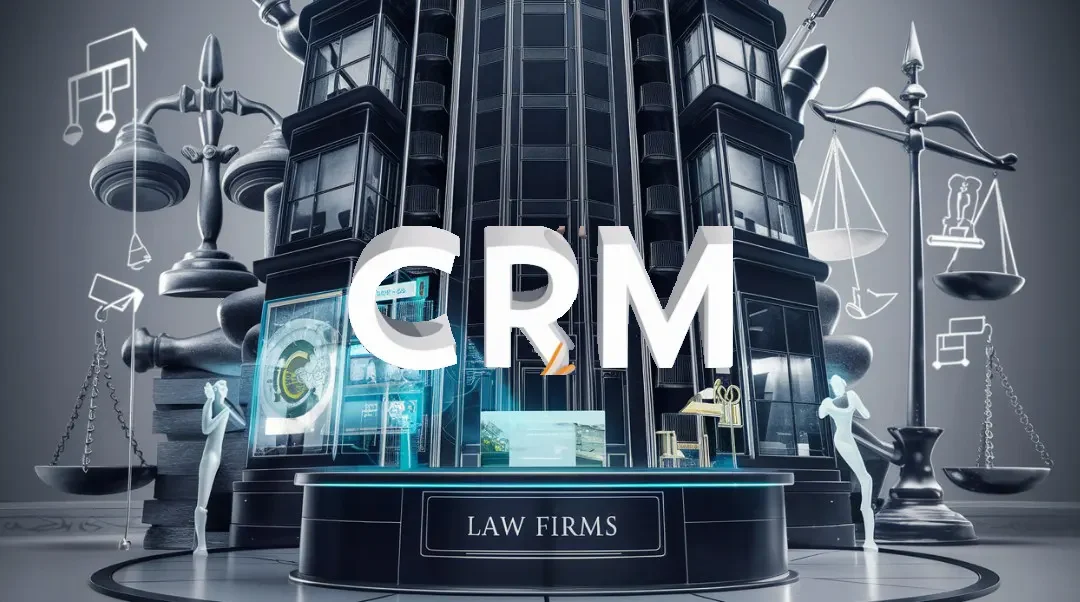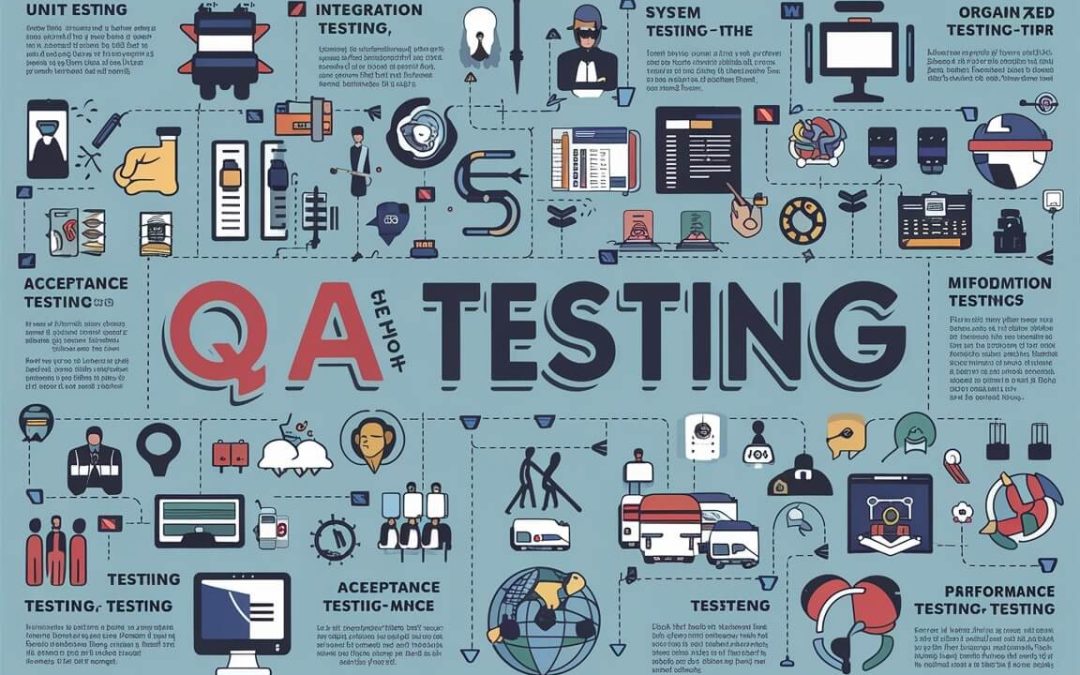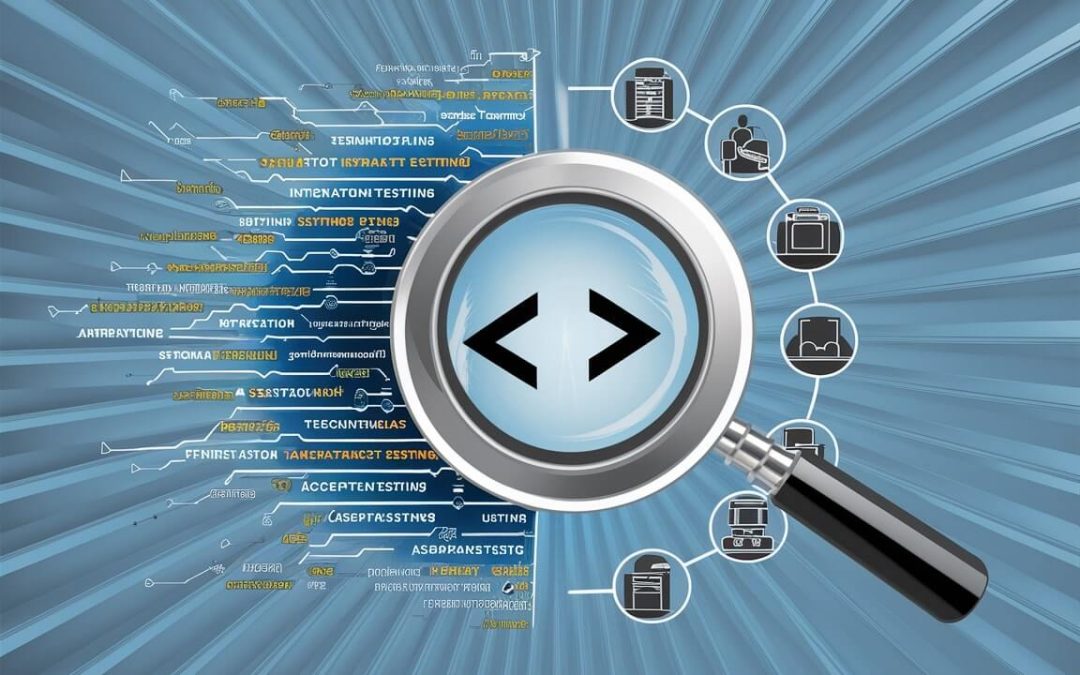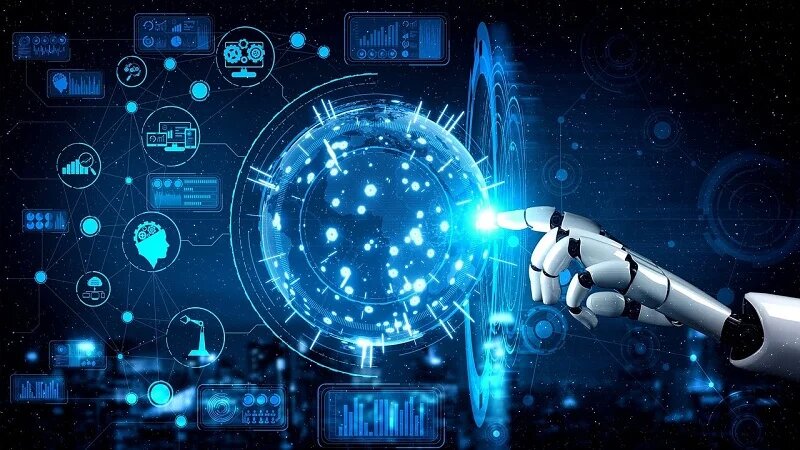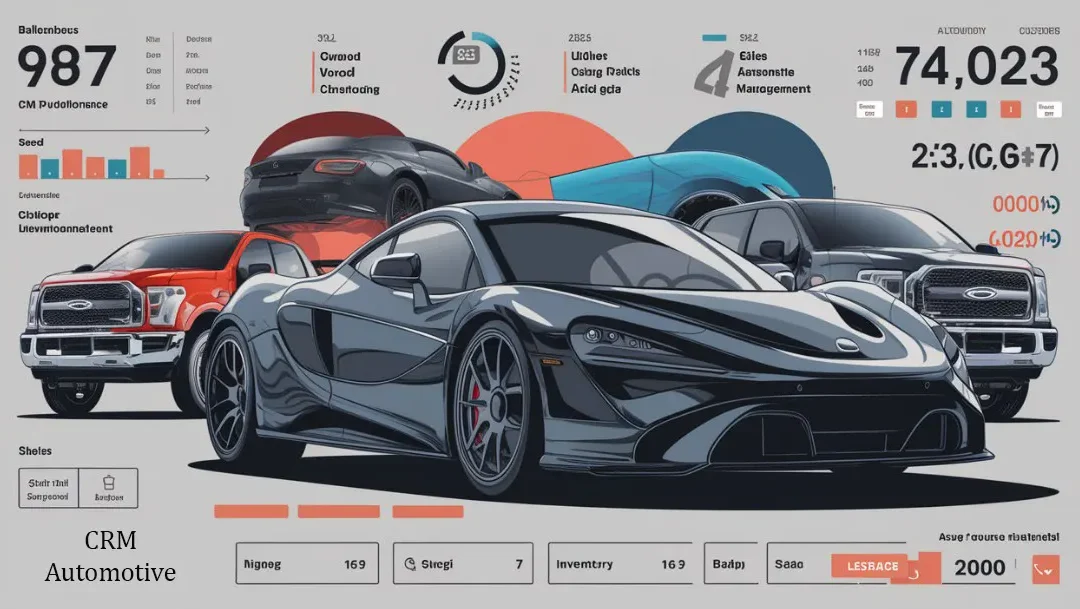Introduction: CRM for Your Retail Business
Are you looking to elevate your retail business’s customer experience and sales performance? Discover the ultimate guide to selecting the perfect CRM system.
From seamless integration to tailored solutions, find out how the right CRM can revolutionize your retail operations.
Recognizing the Needs of Your Retail Business
Identifying your true needs is the first step towards selecting the ideal CRM for your store. Consider for a moment how you manage your contacts with customers.
- Check out how things are now: Look at how you currently handle getting new leads, keeping customer data straight, tracking sales, and helping customers.
Figure out where making things automated or more streamlined could help.
- Set your goals: Be clear about what you want to achieve shortly, like keeping more customers coming back, selling more, or making customers happier.
These objectives will aid in selecting the top CRM software.
- Consider your team’s needs: Remember to consult with people in sales, marketing, and customer support before choosing a CRM.
Acknowledge the challenges they face and the resources a CRM system can offer to help them perform better.
With Dynamics CRM Solutions India, retail businesses can streamline their operations, improve customer engagement, and boost sales performance.
Selecting an Appropriate CRM for Your Retail Store

It’s critical, to begin with understanding the requirements for your store. Analyze different solutions for customer relationship management (CRM).
Each has special abilities and traits. Pick the solution that best suits your requirements.
Usability
Take into consideration how simple it is to set up and operate the CRM system. Your staff must adjust to it without any issues so that everyone’s transition goes smoothly.
- Pay attention to how it is designed and navigated. A CRM that is easy to use and visually appealing will motivate more team members to use it, which will accelerate learning for all of them.
- Training is important: Find out what assistance and training the CRM provider provides, including online manuals, live webinars, and support teams. This speeds up your team’s system learning.
- Is it compatible with your phone? In the retail industry, being ability to operate remotely is crucial.
- Ensure that the CRM functions properly on mobile devices so that members of your team can access client information, assign tasks, and review reports from any location.
Effectively Managing Client Information
A CRM approach works best when all of your client data is kept in one location.
Select a CRM that gathers all of your client’s data in one easy-to-access spot to get a deeper understanding of them.
You will be better able to support them and make more educated decisions as a result.
- Dividing data: It’s useful if the CRM can classify clients according to their purchase history, age, or place of residence.
This will enable you to better target your marketing and present offers that they would find appealing.
- Data understanding: Select a CRM that offers in-depth reporting and analysis to assist you in comprehending your data.
This enables you to monitor consumer patterns, sales performance, and the effectiveness of your marketing.
Selecting a CRM doesn’t have to be difficult; simply keep these points in mind to find a platform that will make managing customer relationships for your physical business more effective and simple.
By partnering with Dynamics CRM Solutions India, retail businesses can leverage Microsoft’s powerful CRM platform to enhance their competitiveness and drive growth.
Streamlined Sales and Marketing Automation
Working smart in the world of selling things is key. A CRM system that handles your sales and marketing stuff for you can make a big difference.
It can help your team do better and get more done.
- Managing leads: Check if the CRM can find, score, and nurture potential customers well. This means your sales group can pay attention to the changes that matter most.
- Marketing Automation: See if the CRM has cool features for marketing like sending emails, connecting with social media, and doing special campaigns. This makes it easier to connect with and keep customers.
- Sales pipeline management: You’ll want a CRM that lets you see everything in your sales funnel. This helps your team stay organized with follow-ups and be more right about future sales.
Omnichannel Customer Service and Support
Nowadays, shoppers want smooth shopping no matter how they’re buying.
Having a CRM that brings together all the ways you help customers can make them super happy and keep them coming back.
- Multichannel communication: Make sure the CRM lets customers talk to you however they like – by phone, email, chatting live, or through social media.
- Centralized customer information: A good CRM gathers all customer questions, feedback, and chats in one place. This helps those helping customers give personal and quick support.
- Self-service capabilities: Look into whether the CRM gives ways for customers to answer their questions with guides, FAQs, or forums.
Integration and Scalability
Your business won’t stay the same size forever.
So, you need a CRM that grows with you. Think about how well it works with other systems and if it can grow as your business does.
- Connecting with other tools: See how easily the CRM fits in with what you already use for selling online, keeping books, or managing stock to keep things running smoothly without extra hassle.
- Getting bigger without problems: Make sure the CRM can handle more customers and work without dropping the ball as your business gets bigger.
- Staying up-to-date: Choose a CRM that keeps getting better with new updates and uses new tech like AI to keep you ahead in selling.
Choosing the Perfect CRM for Your Store: The Last Step
After going through different CRM options and what they offer, it’s time to pick the final one. Think about these points to help you choose the right CRM for your store:
- Alignment with your business goals: Make sure the CRM matches your business goals now and in the future, helping you reach your targets.
- Costs: Look at how much the CRM costs, including setup, training, and keeping it running. Make sure it’s affordable and worth the investment.
- Customer Support: Check out how good the support and help are from the CRM company. This can make a difference in how well it works for you over time.
- Success Stories & Case Studies: Read stories from other businesses like yours that have used the CRM. This gives you an idea of how well it can work in real life.
Making Your CRM Work with Your Store’s Technology
These days, a strong CRM is a component of your store’s larger IT system. To get the most out of it, it must function flawlessly with your other tech tools.
- Online sales: To track client information from online sales, your CRM should integrate with your online store.
- In-store sales: Look for a CRM that integrates with the checkout processes in your store. Whether a customer shops in person or online, this helps you maintain all of their information in one place.
- Stock levels: A good CRM will interface with your stock system to give your staff real-time visibility into what is and isn’t accessible.
- Marketing tools: Make sure your CRM fits well with your marketing tools. This makes it easier to handle things like finding new customers and sending out email campaigns.
How AI and Machine Learning Are Changing the Game for Customer Service in Retail

Predictive Analytics for Better Decisions
With the use of AI and ML, a CRM system may make predictions based on client data.
As a result, you can anticipate what your clients might desire next, make more intelligent stock management decisions, and predict how well things will sell.
Smart Task Handling
Check if the CRM can handle routine jobs on its own, like sorting leads, dividing customers into groups, or sending messages designed just for them.
This gives your team more time for big-picture thinking.
Chatbots for Quick Replies
See if the CRM works with chatbots or virtual helpers to give quick and tailored answers to customer questions or needs.
Custom Suggestions Just for You
Look into whether the CRM uses machine learning to suggest products, deals, or experiences that fit exactly what each customer likes or does.
Enhancing Customer Loyalty and Retention
In the tough competition of retail, keeping customers coming back is key to success over time.
A CRM system that’s set up well helps keep customers loyal and coming back, helping your business grow.
Dynamics CRM Solutions India offers cost-effective CRM solutions that are scalable and customizable to meet the unique needs of retail businesses in India.
Make It Personal
Use the CRM’s data analysis to create experiences, suggestions, and special offers that make each customer feel understood and valued.
Rewards for Coming Back
Connect your CRM with a strong loyalty program that gives benefits to customers who stick with you, making them more likely to buy again and building a deeper connection.
Ahead of the Game in Customer Service
Use your CRM’s ability to guess and solve customer issues before they happen, making sure every interaction with them is smooth and proactive.
Feedback and Insights
Let customers share their thoughts through the CRM platform. Use what they tell you to make your offerings even better and keep improving how you connect with them.
Using CRM to Optimize Retail Operations

With a strong CRM (client relationship management) system, you can achieve more than just improve your client relationships. It may simplify every facet of your retail business.
This entails completing tasks more quickly, more effectively, and profitably.
- Stock Keeping: You can check what you currently have in stock by integrating your CRM with your inventory system.
This aids in determining what to order and when ensuring that clients receive what they desire.
- Helping Your Team Do More: Use the CRM to manage tasks and automate routine work. This cuts down on boring paperwork and lets your team concentrate on important work.
- Checking How Things Are Going: The CRM’s tools for reports and analytics help you see how well different parts of your business are doing.
You can look at sales numbers, how happy customers are, and how well marketing is working. Then, use this info to make smart choices that boost your business.
- Growing with You: Pick a CRM that can change as your business does. It should help support new growth and meet new needs as they come up.
If you’re running a retail company, what do you think is key when choosing a CRM? Let us know about what matters most to you in the comments.
FAQs
1) What should I look for in a retail-focused CRM?
Important features include managing customer info well, automating sales and marketing processes, supporting service across all channels, and working smoothly with other systems in your business.
2) How does a CRM make engaging customers better?
A CRM improves customer engagement by keeping all their info in one place. This allows for tailored marketing efforts and easy communication no matter how the customer reaches out.
3) Why is a CRM system good for my retail business?
A solid CRM system boosts sales work, makes customers happier, provides insight from data for smarter decisions, and improves how the whole operation runs.
4) How does a CRM support my retail business as it grows or changes?
A flexible and scalable CRM adapts easily to new tech advancements or shifts in what customers want, helping your business stay up-to-date and responsive.

